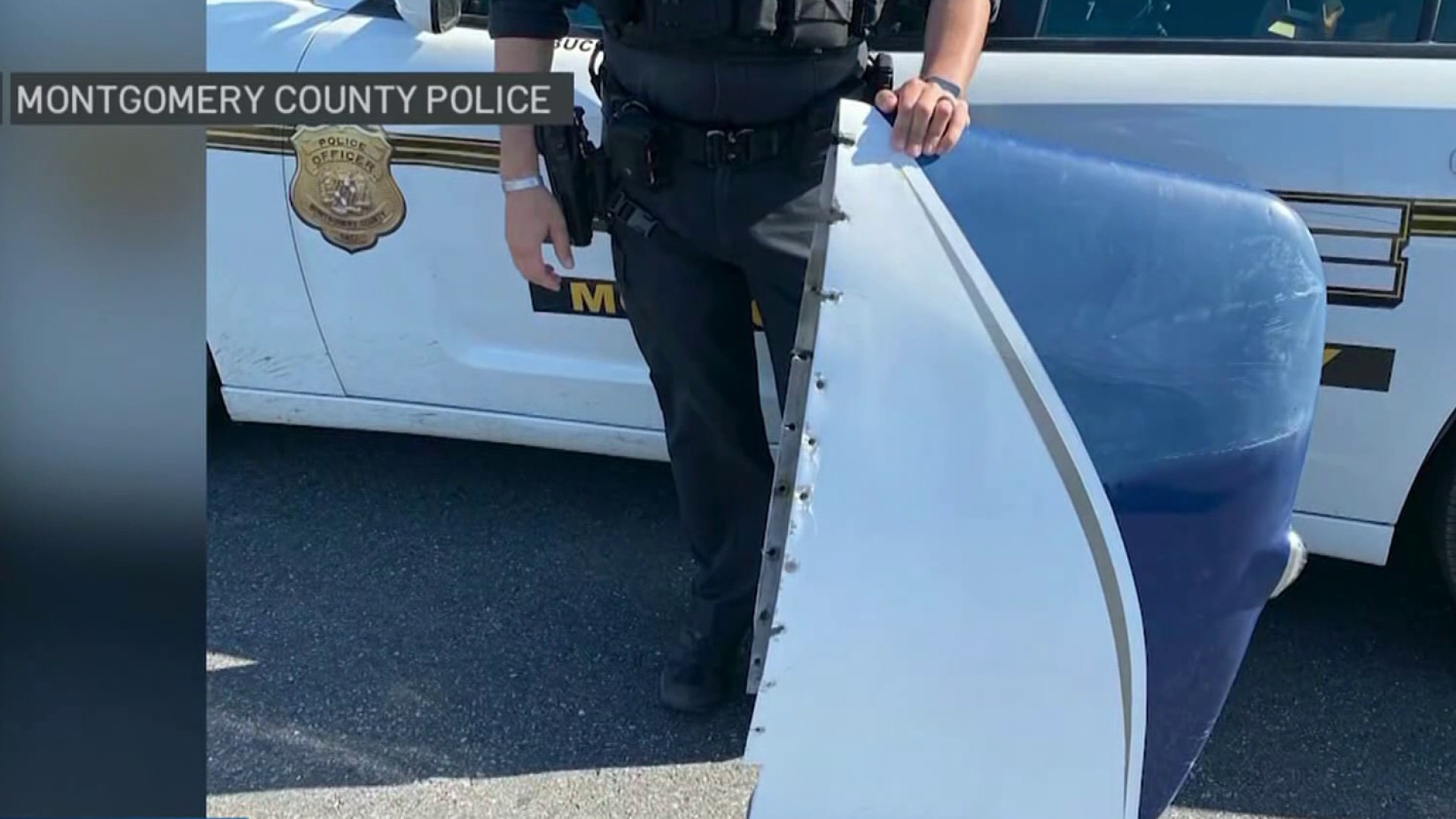Amid growing concern over the highly contagious delta variant becoming the dominant strain of COVID-19 in the U.S., local health officials say they’re boosting efforts to track its presence in the D.C. region and its impact on breakthrough cases among the fully vaccinated.
Data reviewed by the News4 I-Team indicate nearly 4,800 fully vaccinated people in Maryland, Virginia and the District have so far tested positive for COVID-19 after receiving the shot. But public health experts caution those numbers are likely higher because fully-vaccinated people typically have mild symptoms, if any at all, and thus are less likely to get tested.
Still, public health officials told the I-Team that, so far, less than one percent of fully-vaccinated people in the D.C. region are known to have later become infected with COVID-19 – a sign the vaccines are working as intended.
"We expect to see some level of vaccine breakthrough,” said Dr. Brandy Darby, an epidemiologist with the Virginia Department of Health. “For the most part where we do see that, people tend to have much milder illness and the rates of hospitalization and death in people who are fully vaccinated is very, very small.”
We're making it easier for you to find stories that matter with our new newsletter — The 4Front. Sign up here and get news that is important for you to your inbox.
As of this week, Maryland has reported 2,991 breakthrough cases and Virginia has tracked 1,566 breakthrough cases. The District recorded 200 breakthrough cases as of July 11th, though D.C. health officials have said they plan to update the data next week.
Nationally, at least 125,000 fully vaccinated Americans have tested positive for COVID-19, according to an analysis by NBC News. The "breakthrough" cases in 38 states found by NBC News represent less than .08% of the more than 164 million people who have vaccinated since the beginning of this year.
The news comes as the Centers for Disease Control and Prevention released new data late this week indicating the delta variant causes infections as contagious as chickenpox and more contagious than the common cold, Ebola or the seasonal flu.
Local
Washington, D.C., Maryland and Virginia local news, events and information
What’s more, the CDC indicates that, while vaccinated people still appear far less likely to contract COVID-19 than their unvaccinated counterparts, there are signs vaccinated people who contract the delta variant may carry enough viral load to transmit it to others.
In interviews with the News4 I-Team, state and university scientists described challenges in assessing delta’s prevalence, because overall testing is down and not every type of test can yield a sample suitable enough to be analyzed.
Determining what variant someone has requires highly-specialized lab equipment that looks at the DNA makeup of a positive COVID infection in a process called sequencing.
But not every positive test can be sequenced, experts explained. Some PCR tests, considered a more accurate means of determining someone’s COVID-19 status, don’t have enough of the virus present in the sample to be tested. Meanwhile, most of the rapid antigen tests that people rely on for quick results aren’t able to be tested at all.
The Maryland Department of Health reports it has sequenced more than 13,000 positive cases since February. Gov. Larry Hogan set a goal of sequencing at least 10 percent of all lab-confirmed Covid-19 tests, but in recent weeks, MDH said the state lab and its partners have sequenced about 45 percent of all positive samples.
"We have the ability to do about 700 to 800 sequences every week and that capacity continues to grow," said Dr. Jinlene Chan, MDH’s Deputy Secretary of Public Health Services. "It's a very time consuming and very technical process."
Luke Tallon, scientific director of the Institute for Genome Sciences at the University of Maryland School of Medicine, said that lab has sequenced nearly 5,000 positive PCR tests in the past few months. Tallon said that, over the last month or so, he’s seen the prevalence of the Delta variant “rapidly” rise.
"The goal is to track the mutations that are happening in the virus, track how they're spreading through the population, and then gather enough data about them to be able to answer questions about whether the vaccines are effective against the variants," Tallon said.
Dr. Heba Mostafa, director of the molecular virology lab at Johns Hopkins, said sequencing variants is critical when it comes to determining whether boosters are needed. But, based on the data her lab has gathered so far, she said the vaccines are working as expected.
“The data is very encouraging,” Mostafa said. “We should encourage everyone to get vaccinated as soon as possible.”
Darby, with the Virginia Department of Health, said the Commonwealth’s public health lab is sequencing every positive case that comes to its doors, but doing that with every test conducted at every lab state-wide would not be feasible.
In the meantime, Darby said the state is asking lab partners to send at least one percent of COVID-positive samples in “for surveillance purposes to see what variants are circulating” in Virginia at any given time.
"It's not always easy for us to know how many total samples are getting sequenced within Virginia, but we will get notified of any samples that are identified in Virginia that are variants of concern," Darby said.
Late last week, D.C. Health officials said they would require labs to either sequence their own positive tests or send them to D.C.'s public health lab to be sequenced. In a news conference Thursday, D.C. Health Director Dr. LaQuandra Nesbitt said delta cases so far account for less than 5% of all new COVID-19 infections.
CDC data lags weeks behind, but indicates that, in the region encompassing D.C., Maryland, Virginia, Pennsylvania, Delaware and West Virginia, more than 43 percent of cases were the delta variant as of July 3.
It predicts the two week period of data ending July 17 will show closer to 65%, though that data has not yet been finalized.
When a person tests positive for COVID-19, health officials said they check their respective databases to see whether the person was vaccinated, what kind of vaccine they had, and when. But that data can sometimes be hard to pin down in the Capital region, as many residents crossed state and District lines to get vaccinated.
D.C. Health acknowledged many vaccinated residents could be missing from their database and suggest residents contact their medical providers to help update vaccination records.



